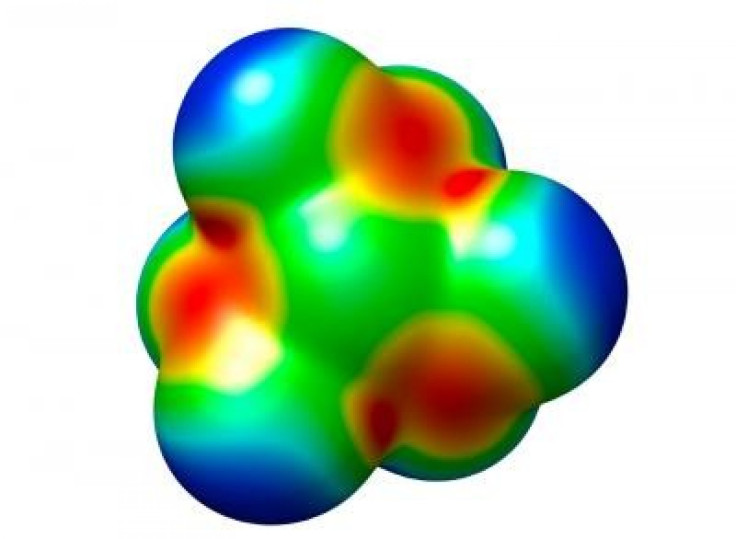New Found Molecule Could Boost Rocket Fuel Efficiency

Researchers in Sweden have discovered a new molecule named Trinitramid that may be a component in future rocket fuel, which could be 20 percent to 30 percent more efficient than the ones currently available.
The molecule consists only of nitrogen and oxygen, which would make the rocket fuel environmentally friendly, the researchers say.
Today's solid rocket fuels entail the emission of the equivalent of 550 tons of concentrated hydrochloric acid for each launch of the space shuttle, they say.
As mentioned, what is specific to this molecule is that it contains only nitrogen and oxygen. Only eight such compounds were previously known, and most of them were discovered back in the 18th century, says Tore Brinck, professor of physical chemistry at the Royal Institute of Technology (KTH) in Sweden.
This is also clearly the largest of the nitrogen oxides. Its molecular formula is N(NO2)3, and the molecule is similar to a propeller in shape, says Tore Brinck.
The research team has now shown how the molecule can be produced and analyzed and have also managed to produce enough of the compound in a test tube for it to be detectable.
It remains to be seen how stable the molecule is in a solid form, says Tore Brinck.
© Copyright IBTimes 2024. All rights reserved.











